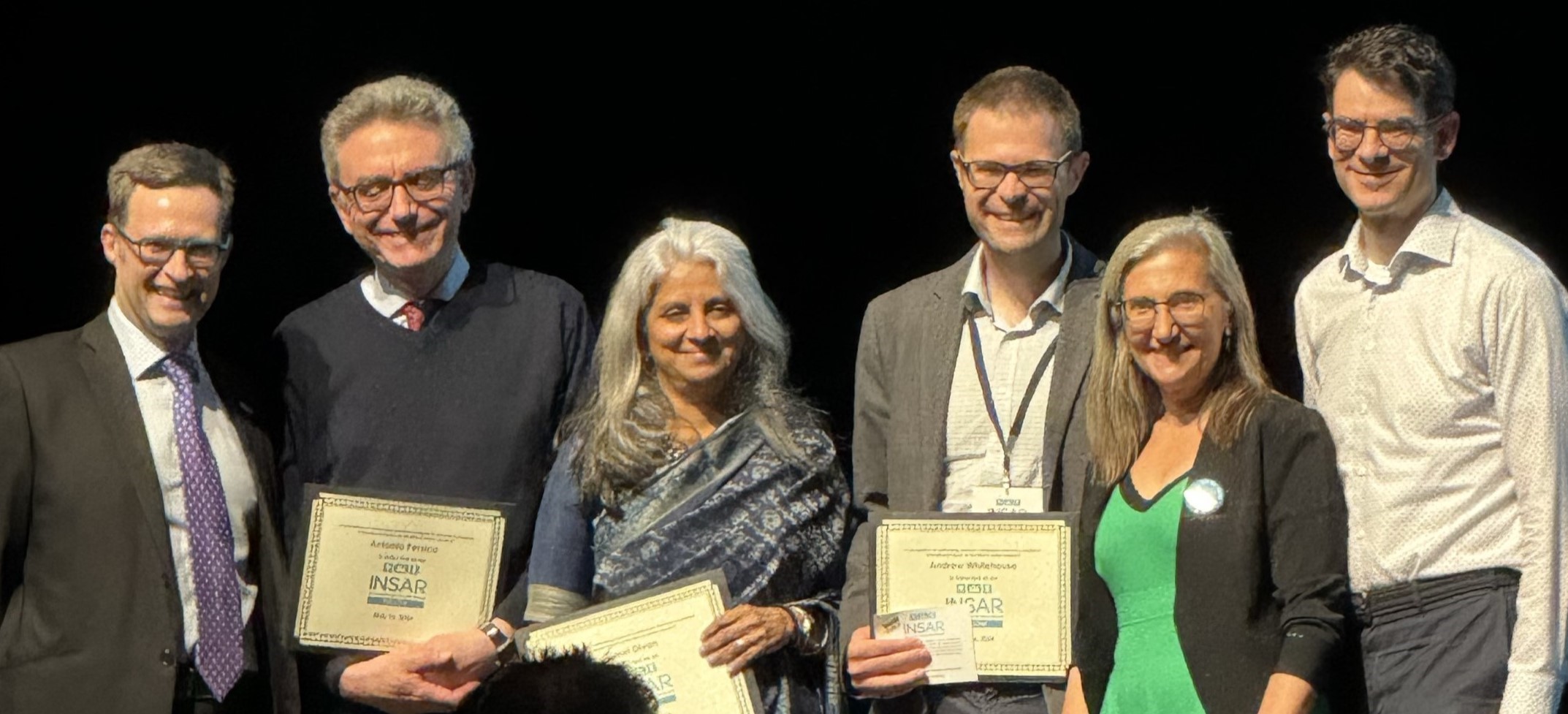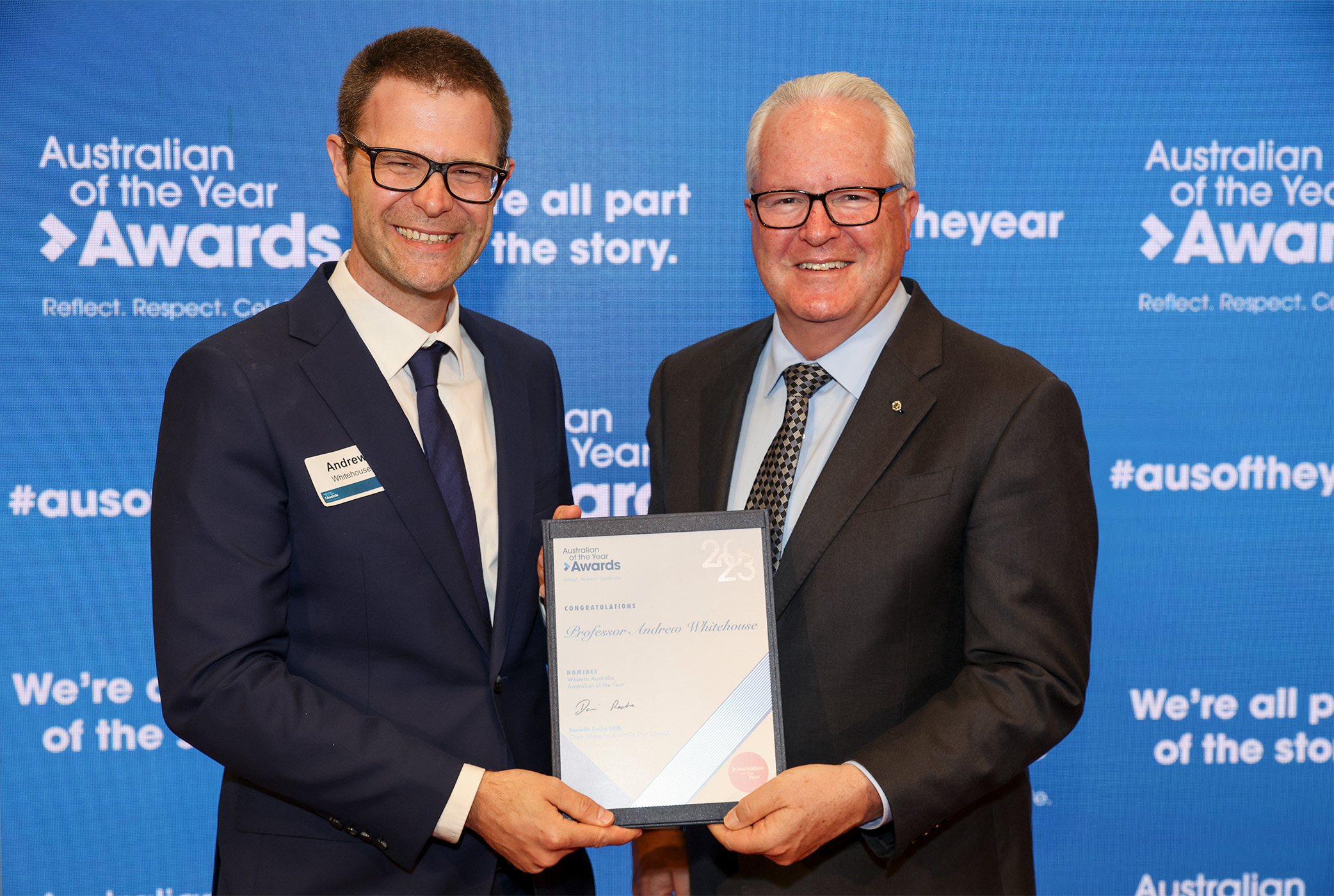Search

ENVISAGE is a free peer support program specifically designed for parents and caregivers of children aged 0-8 years with disabilities or developmental concerns. Term 3 dates now released.

Professor Andrew Whitehouse was recently inducted as a Fellow to the International Society for Autism Research, making him just the fourth Australian to be bestowed the honour.
CliniKids currently has availability for psychology services

We are currently taking expressions of interest for CliniSibs in 2024.

Welcome to the team Clinical Psychologist Registrar Shane Lay and Operations Manager Pip Comiskey, who has replaced Leah Meehan while she is on parental leave.

In March we emailed all active clients a survey. The purpose of the survey was to understand how you see our service; understand what was important to you; find out what you would change, and see how likely you were to recommend or refer us.

Welcome to Natalie and Linda who have joined the CliniKids team. The clinicians work between our Subiaco and Joondalup clinics.

Inklings is a new program for babies aged 6-18 months who are showing early differences in their social interaction and communication development.

Congratulations to CliniKids Director Professor Andrew Whitehouse on his recent nomination for WA's Australian of the Year Award.

Meet Christina and Danae, the newest members of the Client Support team at CliniKids.
